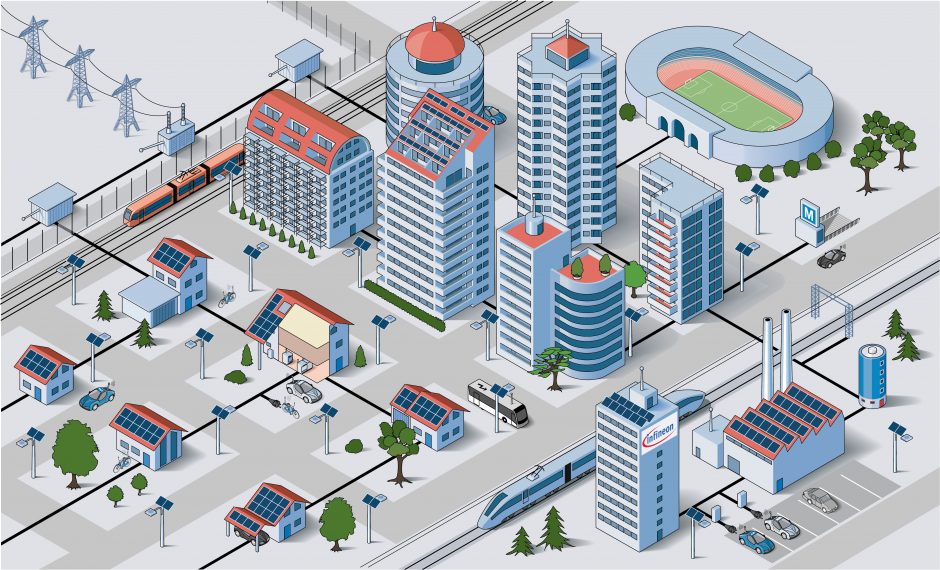Infrastructure Networks

Our society is underpinned by complex large-scale infrastructure (e.g., energy grids, supply chains, and traffic networks) that impact every aspect of our daily lives. From a control theoretic perspective, infrastructures are socio-technical systems comprised of large numbers of dynamic subsystems controlled by decision-making agents (e.g., regulators, utilities, and consumers), arranged in a network structure and subject to disturbances (e.g., heatwaves, lockdowns). These agents rarely agree on system-wide objectives but still need to coordinate to manage shared resources and infrastructure (e.g., power generation, production capacity, or transit links).
I am interested in developing coordination and control mechanisms that enable the safe coexistence of agents with conflicting objectives using tools from control and game theory and applying them to make our critical infrastructure smarter and more sustainable, resilient, and equitable.
Medical Drones

The lab is a core part of the Drone Transport Initiative a partnership between UBC and community, health system, and industry partners looking to improve access to health services in rural, remote, and Indigenous communities using drone technology.
We work on developing autonomous flight and contingency planning algorithms to enable high degrees of autonomy is areas where its impractical or impossible to pilot drones
Multi-agent Robotics

Many applications (e.g., drone delivery, mobile sensor networks, autonomous driving) require robots to interact with each other and potentially with human agents in complex shared environments. Successfully managing these interactions in a safe and resilient manner requires communication, coordination, and the ability to anticipate the behaviour of other agents in the environment using limited communication and computing resources.
I’m interested in using tools from distributed optimization, information theory, and game theory to endow autonomous agents with the ability to reason about how their actions influence the behaviour of others.
A specific example is water-quality sensing. We are working with Rogers and the Bamfield Marine Sciences Centre to develop drone swarms that can e.g., map and track oil spills or algal blooms.